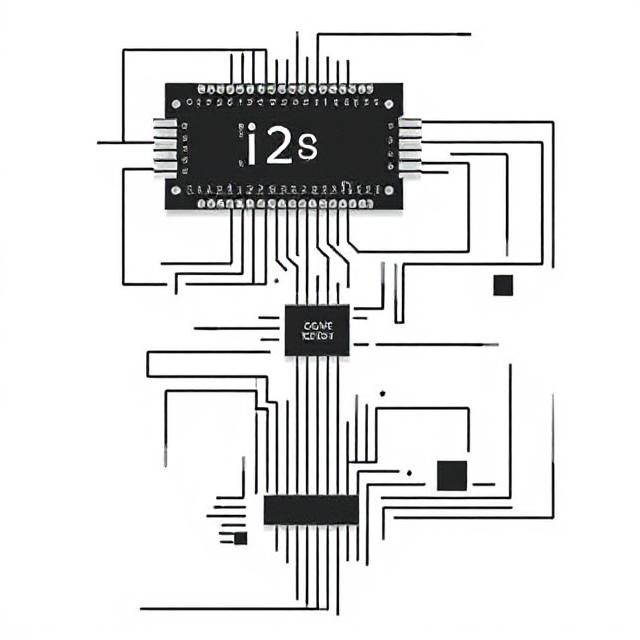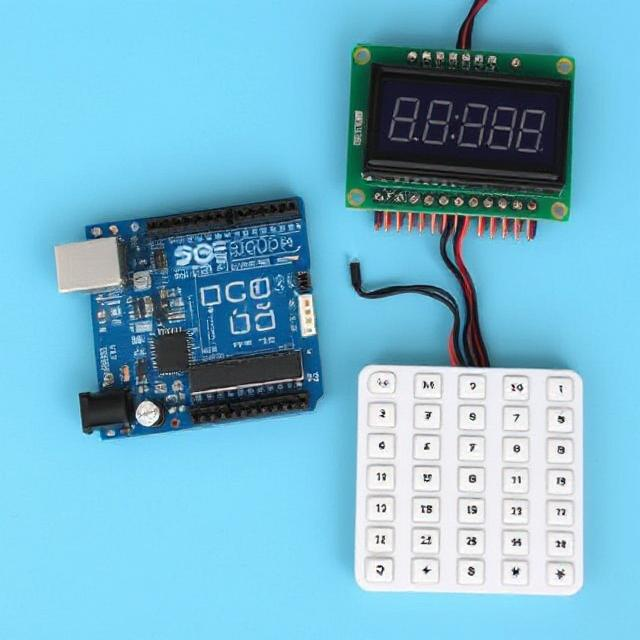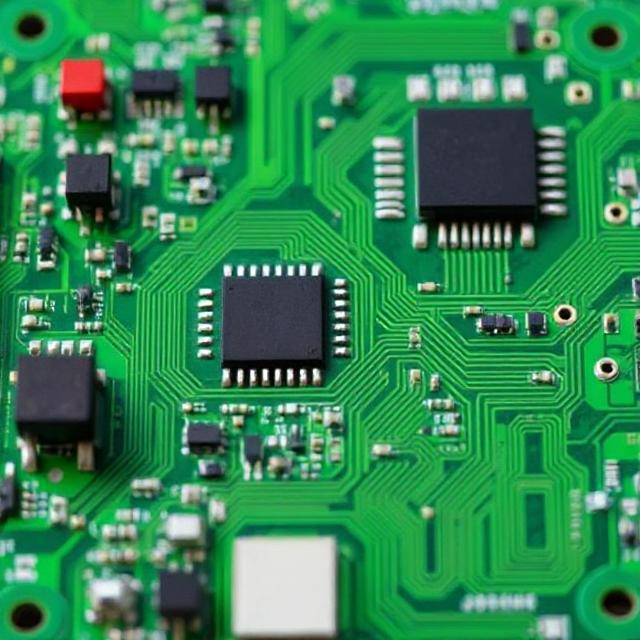What is an HSM?
A Hardware Security Module (HSM) is a special physical device that helps keep sensitive data, like passwords or encryption keys, safe and secure. It’s like a super-secure “vault” for important information.

What Does an HSM Do?
An HSM does several key jobs to protect sensitive data:
- Stores Encryption Keys: Encryption is like a secret code that helps protect data. An HSM safely stores these “secret codes” (encryption keys) so they can’t be stolen or misused.
- Generates Encryption Keys: It can create new encryption keys, making sure that the keys are made in a secure, trusted way.
- Performs Encryption and Decryption: When you want to send or store protected information, the HSM can quickly and securely encrypt it (turn it into a secret code) and decrypt it (turn it back into readable data) when needed.
Why Do We Need an HSM?
- Security: HSMs are designed to be extra secure. They are tamper-resistant, which means that if someone tries to open the device or hack into it, the HSM will protect the data inside and erase it if needed.
- Preventing Theft: If someone manages to steal an encryption key from an ordinary computer or server, they could use it to decrypt sensitive data. But with an HSM, even if someone steals the device, the encryption keys are protected by strong security features.
- Compliance: Many industries (like banking, healthcare, and government) require extra protection for sensitive information, and using an HSM can help meet these security standards.
Where Are HSMs Used?
HSMs are used in many areas to protect critical information, such as:
- Banks and Financial Systems: To protect credit card numbers, bank transactions, and online payments.
- Cloud Services: To protect data stored in the cloud by encrypting it with keys stored in an HSM.
- Digital Signatures: HSMs can store the private keys used to create digital signatures, making sure they are authentic and not tampered with.
- VPNs and Secure Communication: HSMs can help secure connections by storing keys that allow encrypted communication.
How Do HSMs Work?
- The HSM device itself is built to be extremely secure, with features like physical tamper detection and protection.
- When a device needs to encrypt or decrypt data, it sends the request to the HSM, which handles the sensitive process without revealing the keys or the data to outside systems.
- The encryption keys are only ever accessed inside the HSM, ensuring they remain protected.
Why Is It Special?
The main reason an HSM is special is that it physically protects sensitive data (like encryption keys) in a way that regular software or computer systems cannot. This makes it an ideal solution for situations where protecting data is critical.
Summary:
- An HSM is a device that securely stores and manages encryption keys and helps protect sensitive data.
- It’s used in places where strong security is needed, like banking, cloud services, and secure communication.
- HSMs are built to be tamper-resistant and provide physical protection for the data inside.











